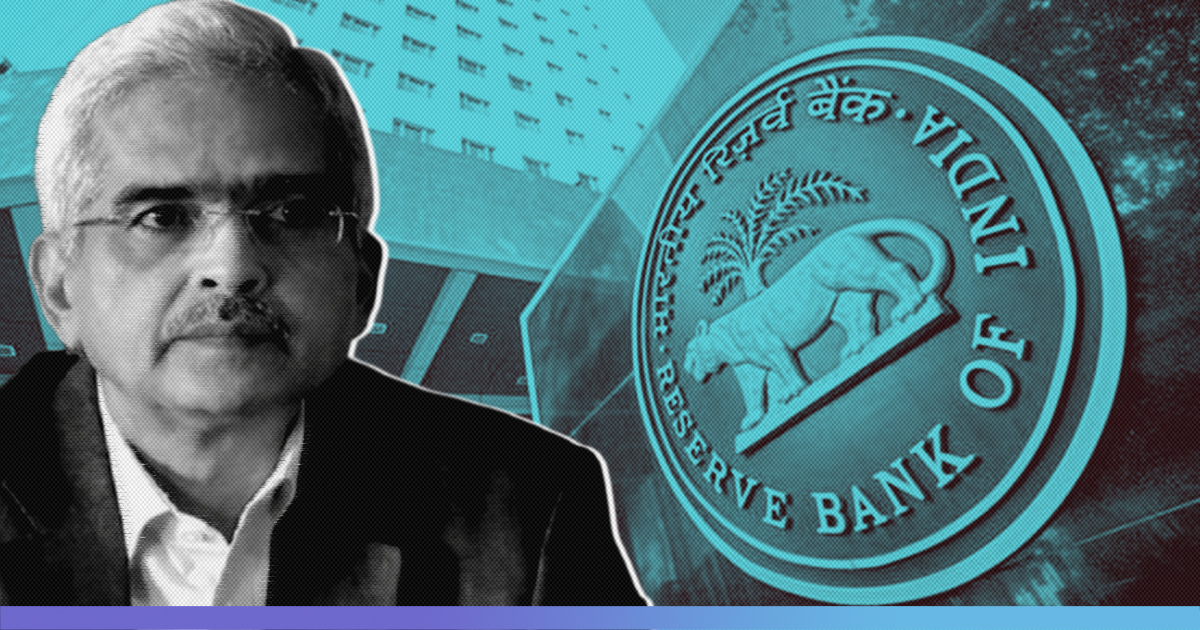Reserve Bank of India has decided to transfer 1.76 lakh crore to the government. The move is an attempt to revive the Indian economy which is facing a crisis. From job losses to rupee touching new lows, many economic parameters are in the red.
The amount, 1.76 lakh crore, is almost double the expected of Rs 90,000 crore in the Budget 2019-20. The transfer includes 1.23 lakh crore surplus amount for 2018-19 and Rs 52637 crore excess provisions under a revised Economic Capital Framework (ECF) adopted by the RBI board.
The RBI in February 2019 paid an interim dividend of Rs 28000 crore which leaves them with Rs 1.48 lakh crore out of the total Rs 1.76 lakh crore to be paid to the Centre. Economists had warned against such a move as it might bring down the credit rating of RBI. The issue was also highlighted as the reason for Urjit Patel’s exit as the RBI Governor last year.
The Congress too has criticised the government for using the contingency fund to boost the economy. The Congress in a press conference on Tuesday said the government has accepted the economic crisis and has pressurised the Central bank to take the radical move.
Main Concerns
According to a Business Line report, the surplus amount given to the government is a part of RBI’s Contingency Risk Buffer. Every country’s Central Bank has CRB reserve, which is used in case of a financial emergency such as the 2008 recession. The RBI had given away a part of the profit to the contingency fund to the government up to 2012-13.
The CRB has been at 6-7 per cent of the RBI’s total assets for the past three years and stood at 6.8 per cent in 2018. The Jalan panel which worked on the revised Economic Capital Framework chose the amount of Rs 52,637 crore which lowers the CRB to 5.5 per cent leaving the banking regulator little or no space for any further giveaways.
Government May Use Surplus For…
Public Sector Banks: Although the government officials said that the surplus amount will be used to boost investment, according to The Indian Express report the government may use the money to give a shot in the arm to the Public Sector Banks (PSBs). This will be an addition to the Rs 70000 crore upfront capital infusion and is said to reduce their burden for the next five years.
Government Schemes: The Mudra loans, which amounts to Rs 8 lakh crores has hardly beard any fruit. The banks flagged Rs 17250.73 crore of NPAs on March 2019 under the scheme. The RBI too had cautioned the banks over the accountability of Mudra loans end-use.
In such a situation the surplus will help SIDBI and NABARD which have been giving such small loans to various small and medium enterprises for long.
Delay In Foreign Bonds: Another big relief for the government would avoid the risk of sovereign bonds. The government was planning to raise Rs 70-80000 crores in the form of sovereign bonds or foreign bonds.
Foreign bonds are like an IOU (I Owe You) and are issued by governments of various countries. The amount is loaned has to be paid back in yearly installments till the principal amount is fully paid.
The risk in such bonds is that if such a bond is issued by the nation whose currency is stronger than Indian rupee then it becomes a matter of risk as to the weaker the rupee gets, the more amount has to be paid.
The RBI’s surplus amount not just saves the government but also gives it a time to think on sovereign bonds amid the volatile geopolitical situation with countries waging trade and currency war against each other.
Brokers Doubt Government’s Intent
While the markets have zoomed on the announcement, the brokerage firms are of the opinion that the government may use the surplus to check the fiscal deficit target at 3.3 per cent of the GDP.
“In our view, a big fiscal stimulus is still a low-probability event. The government is likely to continue its calibrated response, as indicated in the measures announced last Friday,” said a Bloomberg quint report quoting a renowned investment banking company.
Major Reason For Turf War
The radical step has been a major reason for the turf war between the banking regulator and the government. The unprecedented move is also said to be the reason behind the exit of former RBI Governor Urjit Patel and Deputy Governor Viral Acharya.
Acharya had warned the government against taking such step and called it a raid on RBI reserves. He said that such a step could result in foreign investors pulling out at the first sign of wastefulness.
Even before Patel, Former RBI governor Raghuram Rajan had warned that any such transfer would lead to a decrease in the RBI’s Credit Ratings.
Also Read: Government’s Measures To Boost Economy: The Most Important Highlights From Finance Minister’s Speech












